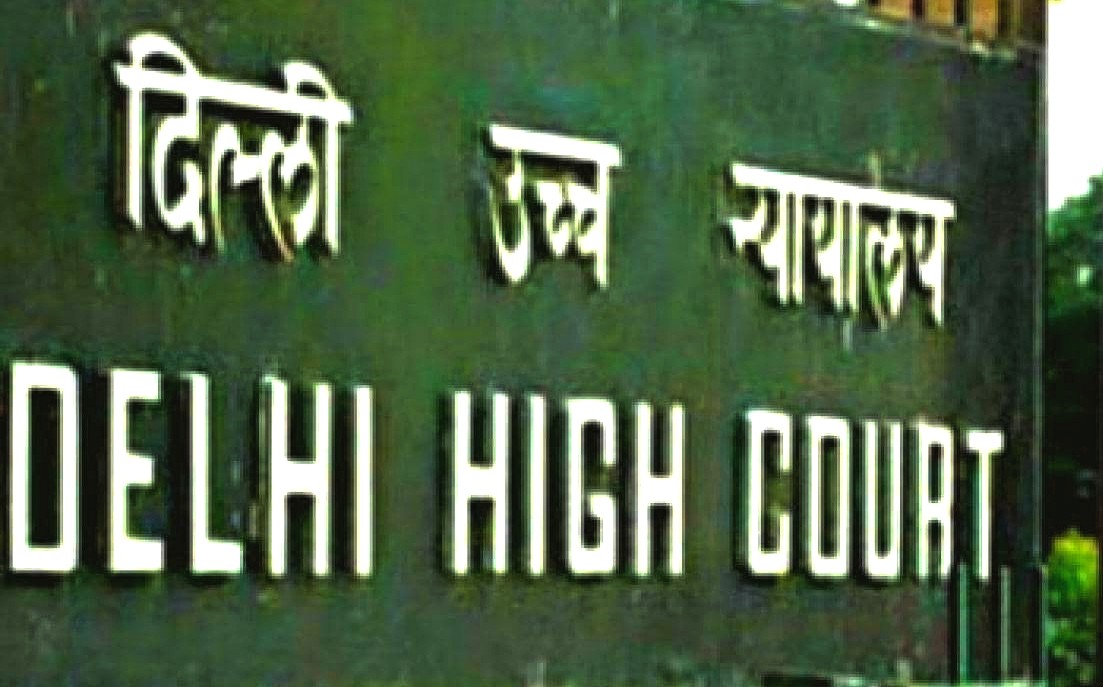Merely because application is filed u/s 34(4) of Arbitration & Conciliation Act, it is not always obligatory on part of Court to remit such matter to Arbitral Tribunal: SC

Read Judgment: I-pay Clearing Services Private Limited V. Icici Bank Limited
Pankaj Bajpai
New Delhi, January 4, 2022: The Supreme Court has opined that merely because an application is filed u/s 34(4) of the Arbitration and Conciliation Act, 1996 by a party, it is not always obligatory on the part of the Court to remit the matter to Arbitral Tribunal.
The discretionary power conferred u/s 34(4) of the Act, is to be exercised where there is inadequate reasoning or to fill up the gaps in the reasoning, in support of the findings which are already recorded in the award, added the Court.
A Division Bench of Justice R. Subhash Reddy and Justice Hrishikesh Roy therefore observed that under guise of additional reasons and filling up the gaps in the reasoning, no award can be remitted to the Arbitrator, where there are no findings on the contentious issues in the award.
Under the guise of either additional reasons or filling up the gaps in the reasoning, the power conferred on the Court cannot be relegated to the Arbitrator, added the Bench.
Going by the background of the case, Appellant – I-pay (Claimant) entered into an agreement with respondent–ICICI Bank to provide technology and manage the operations and processing of the Smart Card based loyalty programs for HPCL. The appellant was required to develop various software application packages for management of Smart Card based loyalty programs akin to a Credit Card under the name “Drive Smart Software”. To further expand their customer base, the respondent requested the appellant to also develop a “Drive Track Fleet Card” management solution for the fleet industry and appointed the appellant for that purpose and it was named as “Drive Track Program”.
In view of sudden move by the Respondent in abruptly terminating the Service Provider Agreement, the Appellant suffered losses of over Rs.50 crores, on account of loss of jobs of its employees, losses on account of employee retrenchment compensation, etc. Accordingly, the appellant made a total claim of Rs.95 crores against the respondent.
In the Commercial Arbitration Petition filed u/s 34 of the Arbitration and Conciliation Act, 1996, the respondent challenged the award passed by the Sole Arbitrator, whereby it had directed the respondent to pay to the appellant, an amount of fifty crores together with interest @18% per annum as from the date of award till payment or realization. The Arbitrator also ordered the Respondent to pay to the claimant fifty thousand as cost on the application u/s 16.
After considering the arguments, the Top Court noted that Section 34(4) of the Act can be resorted to record reasons on the finding already given in the award or to fill up the gaps in the reasoning of the award.
Further, Section 34(4) of the Act itself makes it clear that it is the discretion vested with the Court for remitting the matter to the Arbitral Tribunal to give an opportunity to resume the proceedings or not, added the Court.
“The words “where it is appropriate” itself indicate that it is the discretion to be exercised by the Court, to remit the matter when requested by a party. When application is filed u/s 34(4) of the Act, the same is to be considered keeping in mind the grounds raised in the application u/s 34(1) of the Act by the party, who has questioned the award of the Arbitral Tribunal and the grounds raised in the application filed u/s 34(4) of the Act and the reply thereto”, observed the Top Court.
Speaking for the Bench, Justice Reddy observed that on the plea of ‘accord and satisfaction’ on further consideration of evidence, which is ignored earlier, even if the arbitral tribunal wants to consciously hold that there was ‘accord and satisfaction’ between the parties, it cannot do so by altering the award itself, which he has already passed.
Accordingly, the Division Bench dismissed the appeal and refused to interfere in the findings of the High Court.
Sign up for our weekly newsletter to stay up to date on our product, events featured blog, special offer and all of the exciting things that take place here at Legitquest.




Add a Comment